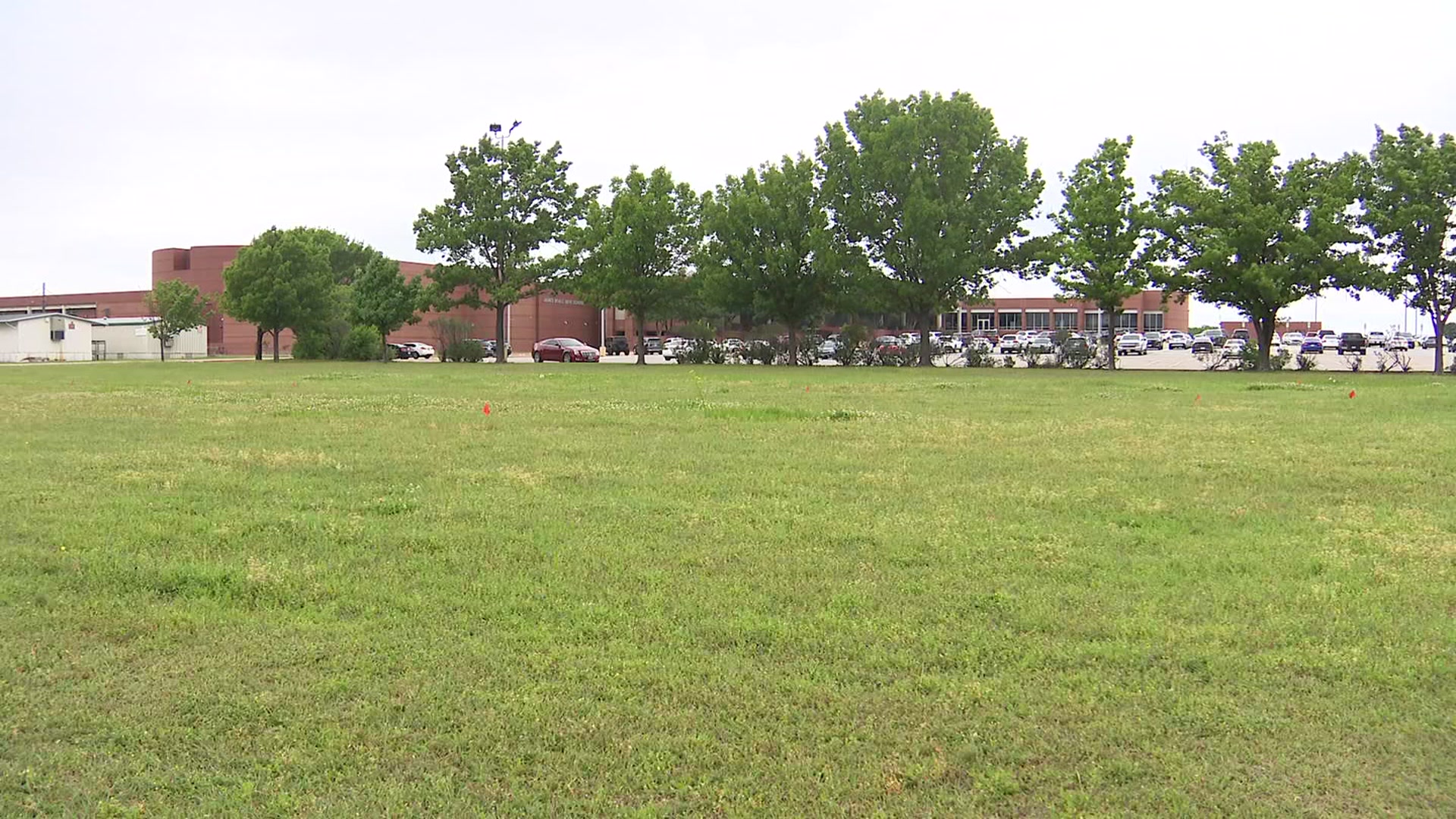As the City of Dallas works to fight blight and raise minimum property standards, records obtained by NBC 5 indicate that not everyone is paying up for violating the law.
From 2011 to the middle of this year $5 million dollars in fines and fees from code compliance tickets have gone uncollected. That is money that could be in the city's general fund and used to pay for roads and parks, or police and fire pay.
"Enforcement is everything. We can talk about writing tickets all we want, but you've got to kind of deliver at the bottom line," said Mayor Mike Rawlings.
Records show nearly 40,000 property citations that remain on the city's books worth about $7 million. As of April of this year, the city's only collected $2.7 million. The approximately $5 million difference is made up of cases that are unresolved.
The face value of all Code type property citations written since 2011, including cases that have been resolved and met the state mandated record retention schedule is approximately $14.1 million. Despite the numbers the city has improved it's collection of delinquent payments. Over the last three years nearly $22 million has been collected, and citation payment rates have increased by 36-percent.
Defendants may be able to resolve their outstanding case through non-monetary resolutions.
Jose Padilla was a few days late paying a ticket for high weeds in the alley he shares with several other businesses in the 3300 block of Samuell Blvd. After completing extensive mowing and weeding he got the ticket dismissed, but the neighboring property owner has has wracked up more than $7,000 in penalties that have gone unpaid.
Local
The latest news from around North Texas.
Padilla worries the city is keeping a close eye on the property he started leasing two months ago due to his neighbors inability to pay up.
"As soon as I get here I already got tickets on my door, violations. If they can't walk through it or they see it messy there they go writing a ticket out," Padilla said.
After receiving a ticket Padilla reached out to the property owner to iron out a maintenance agreement for the alley they share, but he has been unable to make contact.
"It's not even on my part of the property, but I had to take care of it, regardless, because the (buildings) are combined. I can't afford another ticket or another bill added to me," he said.
It's a problem similar to the city's struggles to hold some property owners accountable.
"We are having a tough time finding owners of these homes, who's accountable for these homes," said Councilman Erik Wilson. "We're not in the business of just writing tickets for the sake of writing tickets our expectation is to enforce our current laws."
"Those are opportunity costs in terms of whether we're talking about police pay, filling pot holes.That's the difference between a (new) sidewalk. That's the difference between a sewer line," said Wilson.
One of the largest offenders is the owner of a large apartment complex in the 200 block of South Jim Miller. It's on the hook for $24,911.64 in unresolved tickets for a variety of violations from July of 2014 to June of 2015.
The complex is in Wilson's city council district and he knows firsthand how difficult it can be to track down an absentee owner. According to property tax records the complex is currently owned by Amaz Property Acquisitions.
"This particular owner is just not responsive to anything we do no matter how heavy-handed we are. We're actively pursuing it. We've done everything legally we can do, quickly as we can through the legal system, to actively pursue this particular owner," Wilson said.
Citations can be handled through payment, court program or possible dismissal if a trial is requested.
Citation payment rates have increased through added reminder letters, timely signing of warrants, and a new third party collection agency.
While the ultimate goal is to collect the fines and fees the court deems owed to the city, Mayor Mike Rawlings said enforcement is what matters most, making and maintaining contact with the person responsible for the violation. He said it's especially important for residential property owners who have failed to meet minimum housing standards.
"Money is important, but more importantly the enforcement, putting the paper trail in place so we can move in and the court system take ownership of those homes, knock them down, resell them, fix them up. But it's very important that we do it," said Rawlings.



